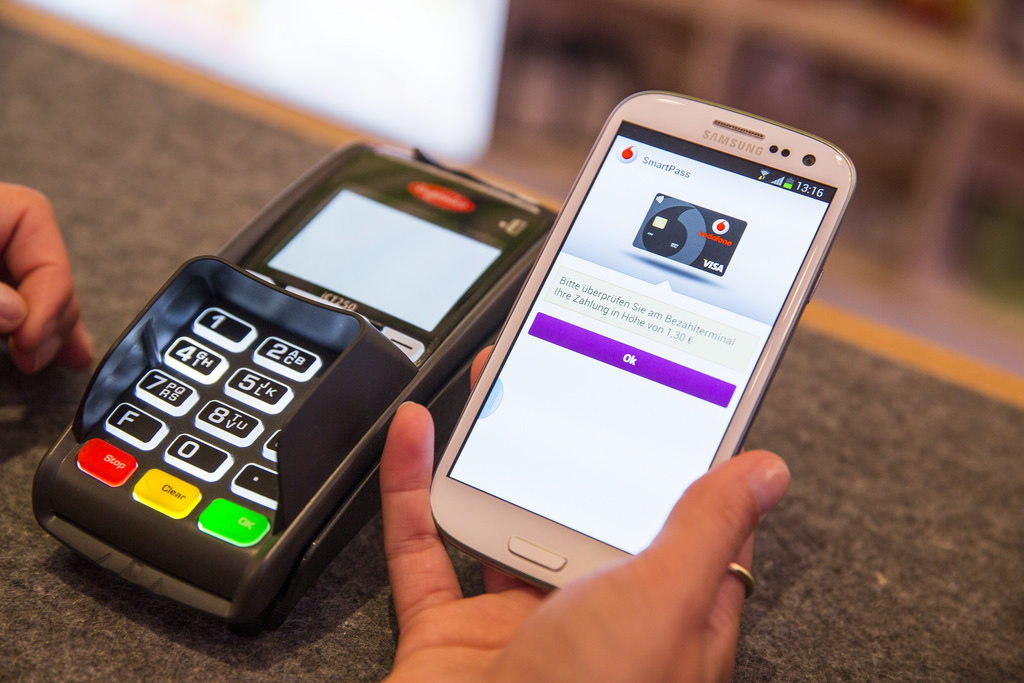Uncategorized
The race for a universal mobile wallet to compete in-store
- An estimated 37.5 million Americans will make proximity mobile payments in 2016, an yearly increase of 62 percent.
- Both retailers and mobile wallets have thrown down the gauntlet over in-store payments.








